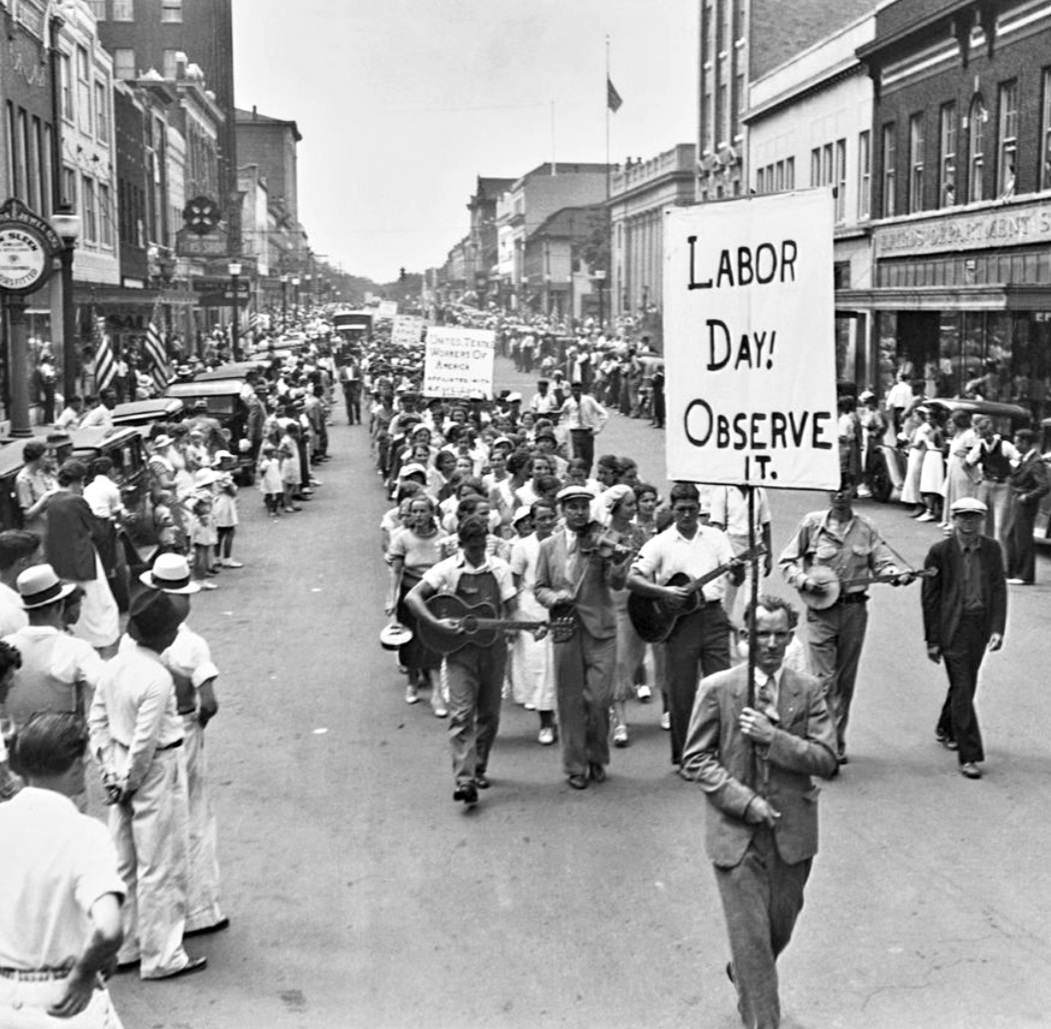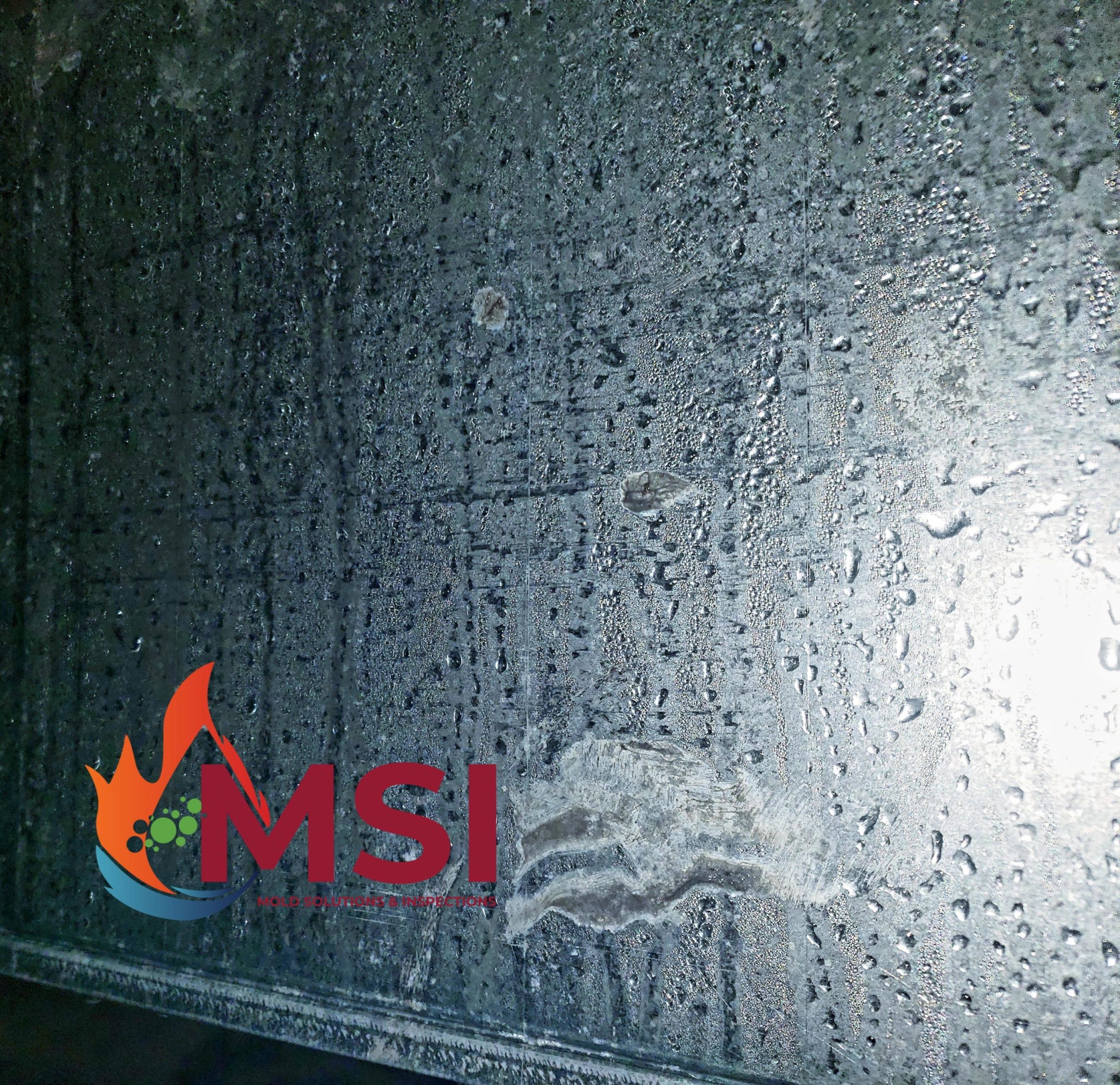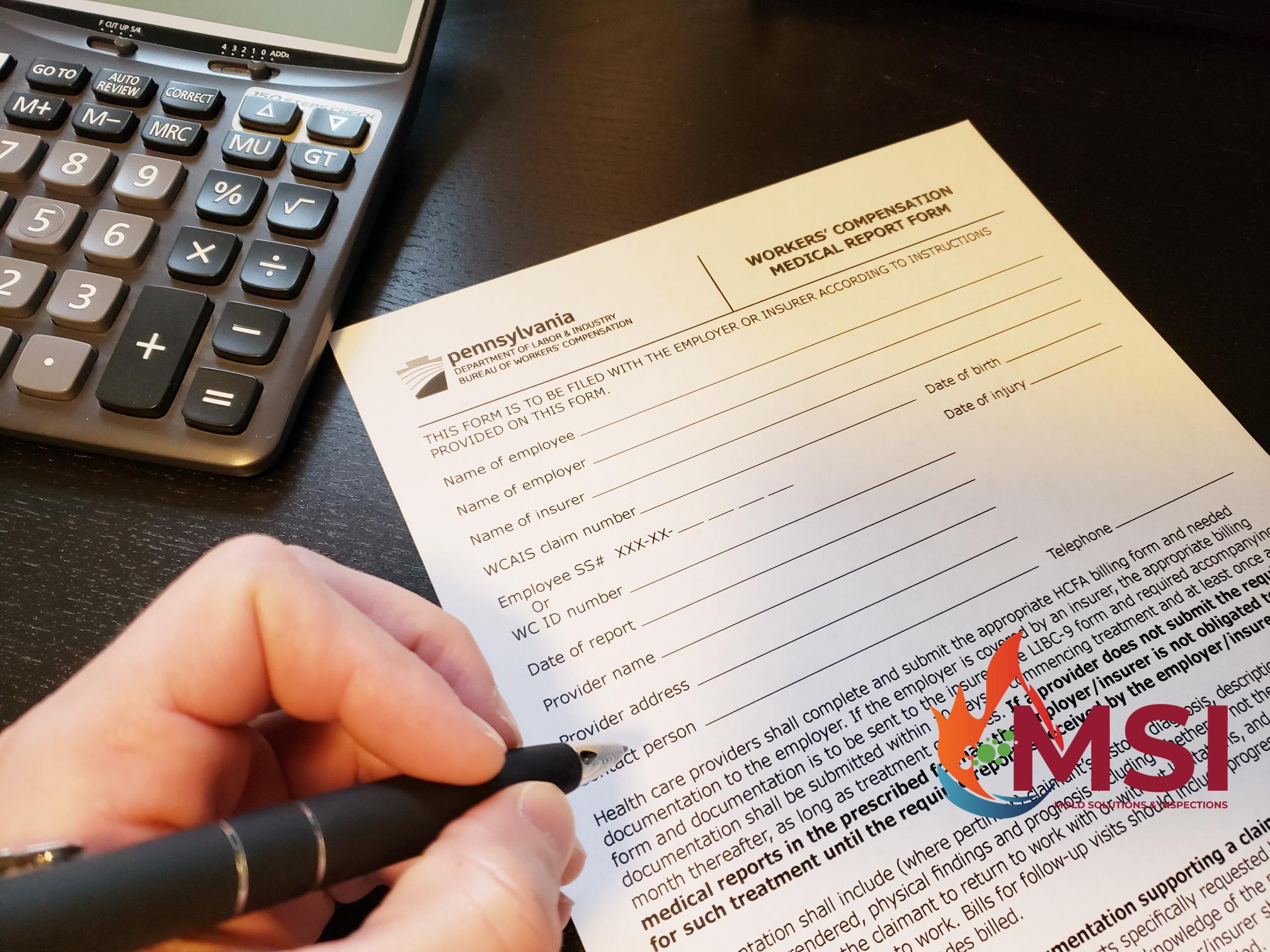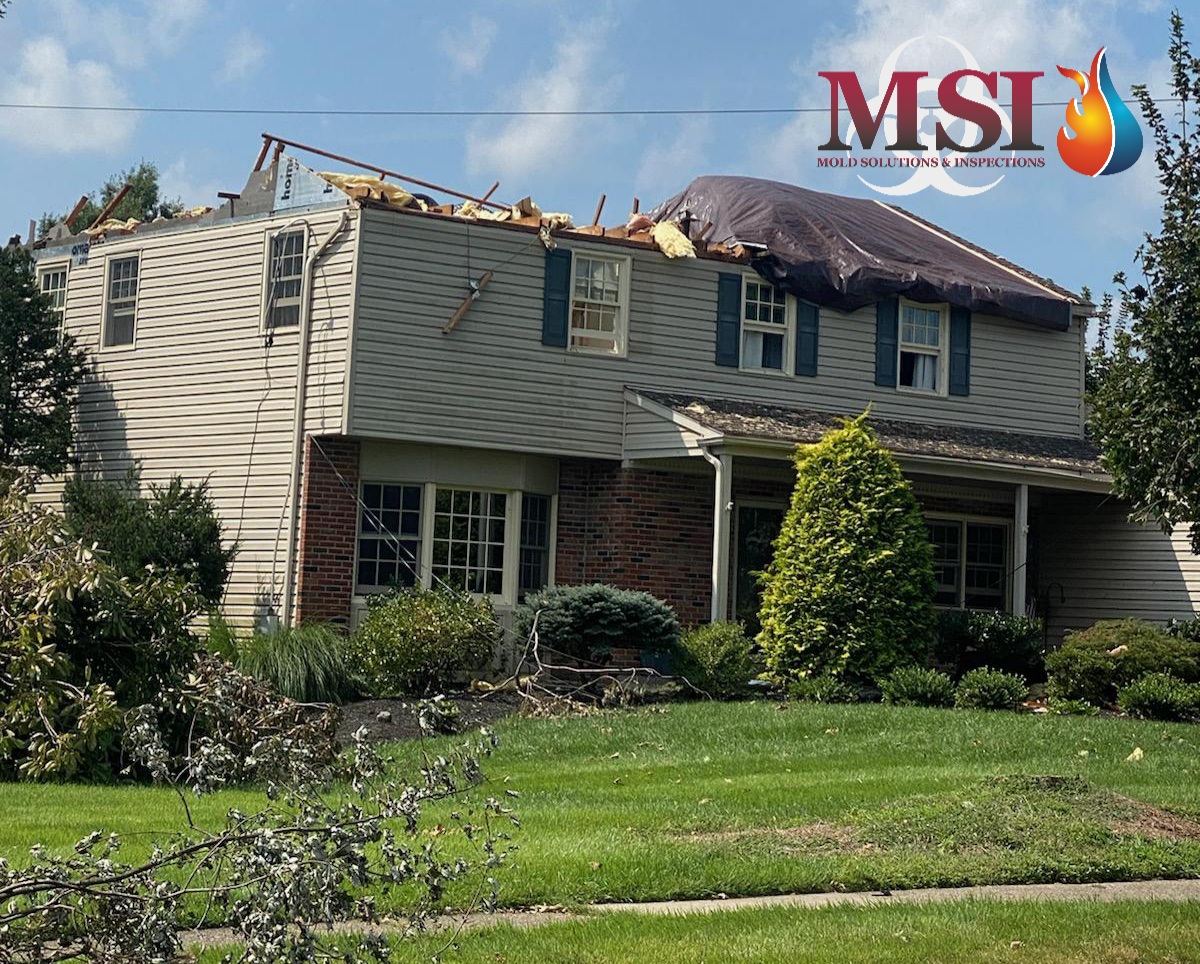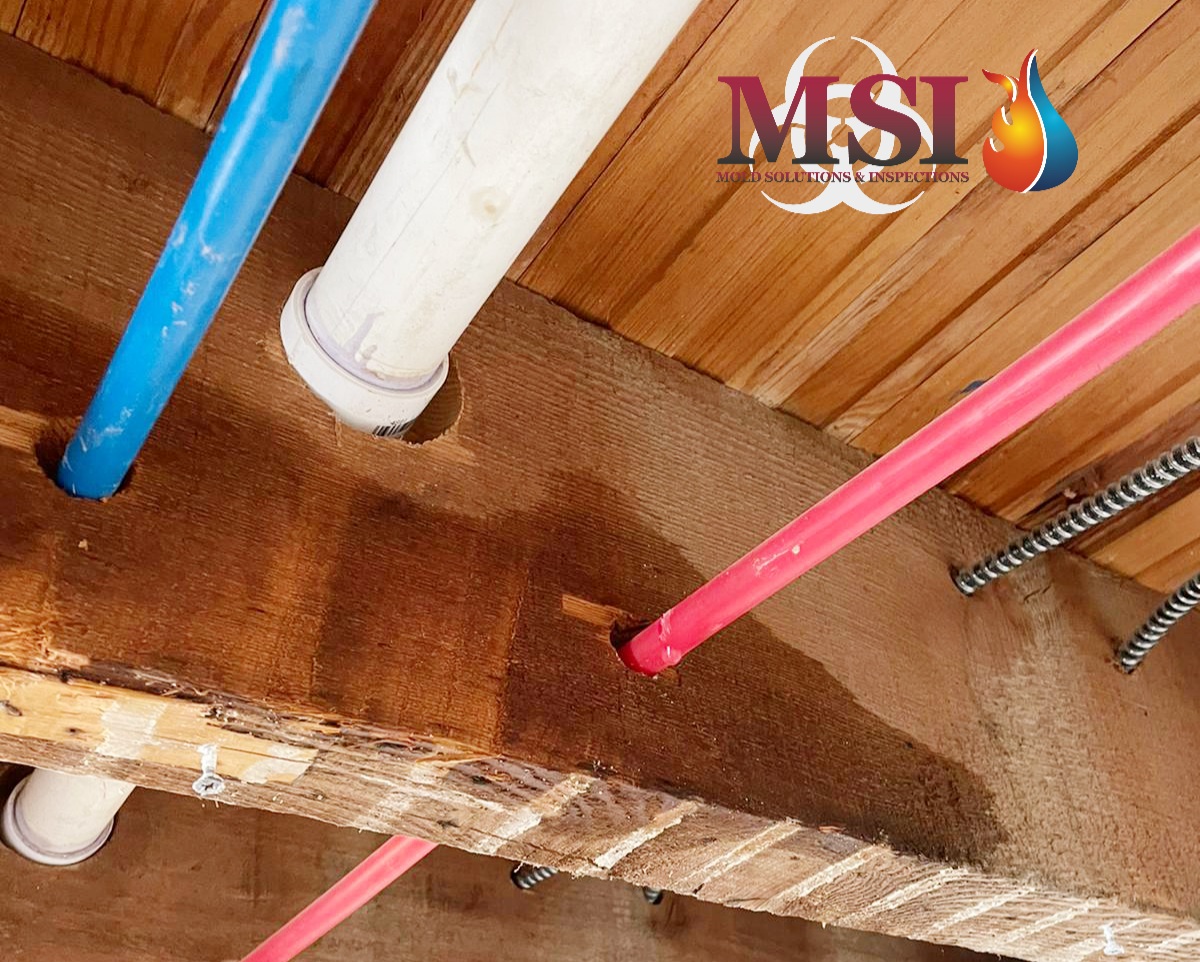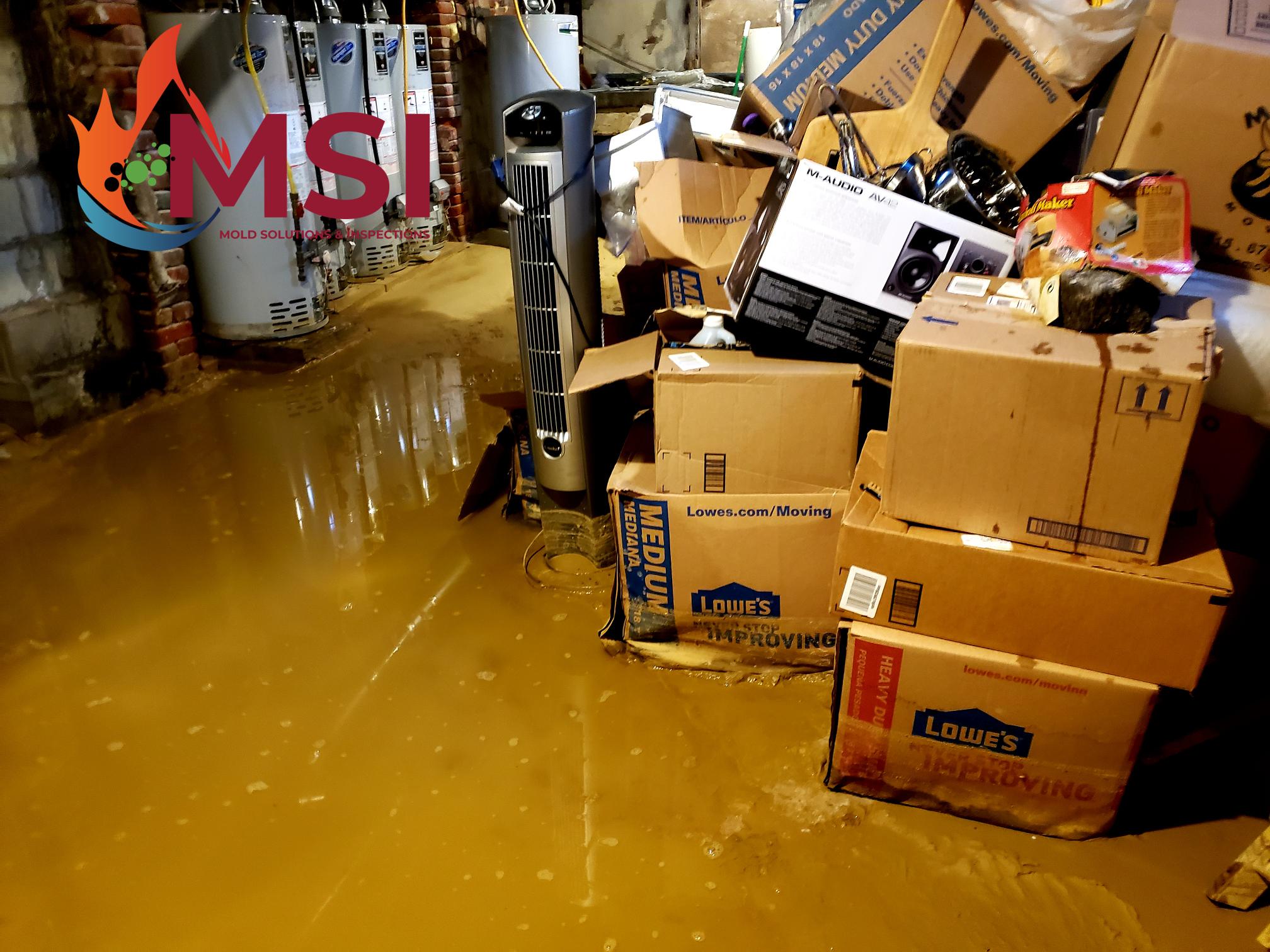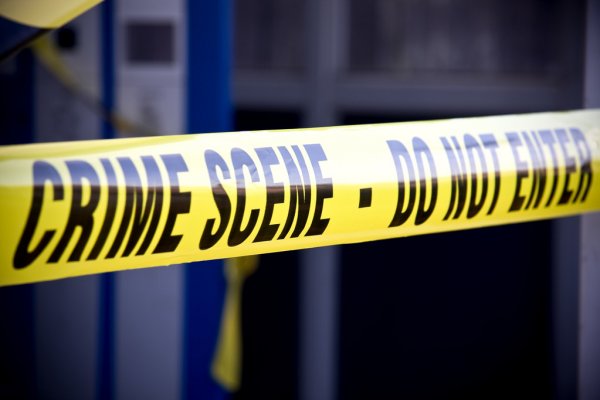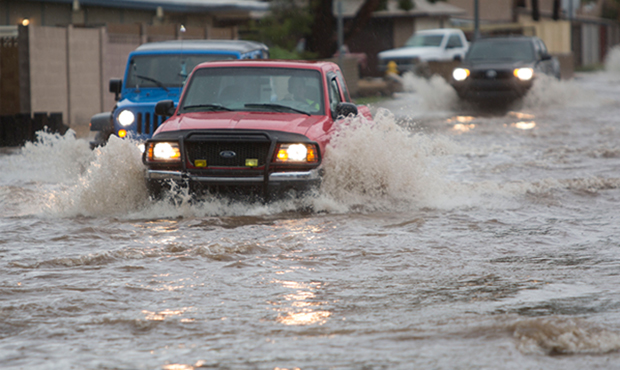Sometimes there is no warning of flash floods, and that is why it is important to think of them and prepare for them before they happen. Here are a few things you can do.
Before the floods…
- Know about your local relief centers and evacuation routes.
- Keep emergency numbers and important information handy, as well as emergency supplies, kits, first aid items. These may include water, canned food, can opener, battery-operated radio, flashlight and protective clothing.
- Fold and roll up anything onto higher ground (or upper floors of your home), including chemicals and medicines.
- Make sure everything that is of importance is secured (jewelry, documents, pets, and other valuables).
- Plant trees and shrubs and keep a lot of vegetation in your compound if you are in a low-lying area as that can control erosion and help soften the speed of the flowing water.
During the floods…
- Flash floods occur in a short spate of time. As soon as they start, be quick, keep safe and ensure that children and elderly are safe by leaving the house to a higher ground.
- Turn off all electrical appliance, gas, heating and the like if there is a bit of time.
- Leave the area before it gets too late. Do not drive through the water as moving water can sweep you away.
- Stay away from power lines or broken power transmission cables.
- Try to keep away from flood water as it may contain chemicals or other hazardous materials.
After the floods…
- Make sure you have permission from emergency officers to get back inside your house.
- Keep all power and electrical appliance off until the house is cleaned up properly and an electrical personnel has confirmed that it is OK to put them on.
- Make sure you have photographs, or a record of all the damage, as it may be needed for insurance claims.
- Clean the entire home, together with all the objects in it very well before you use them again. They may be contaminated.
- Wear appropriate gear (mask and gloves) before cleaning begins.

